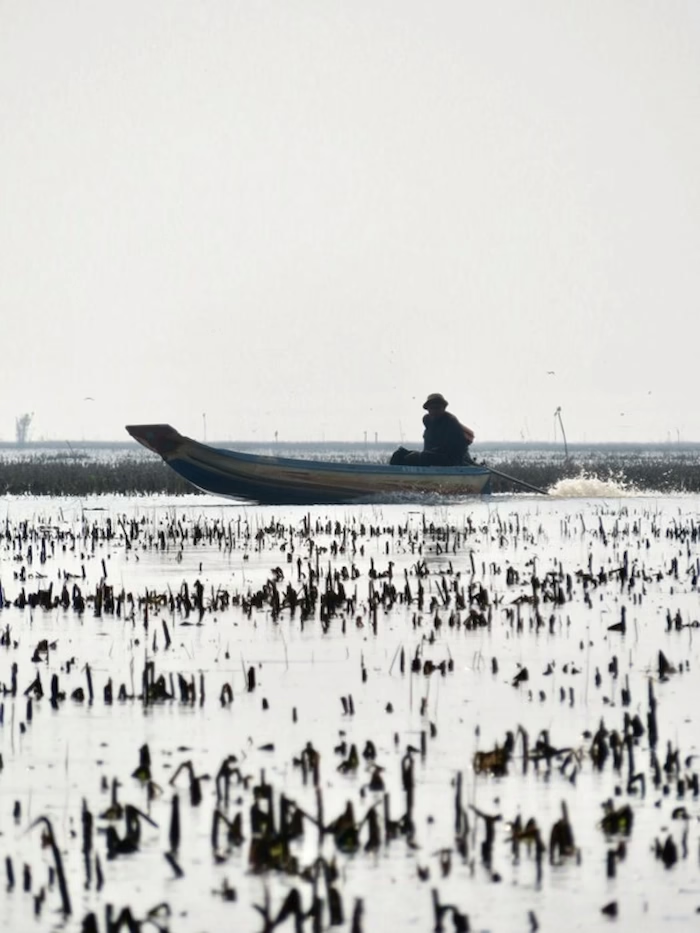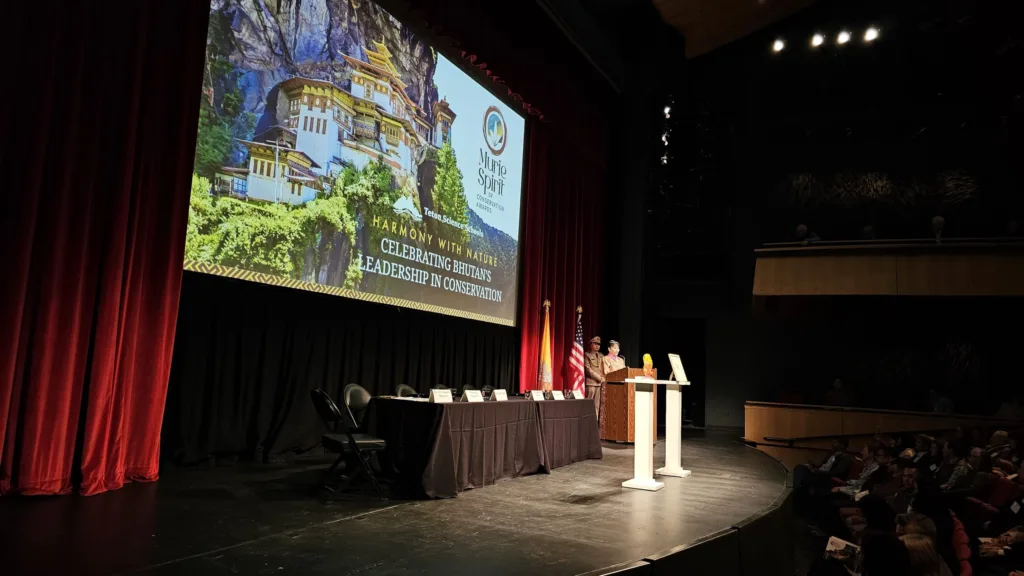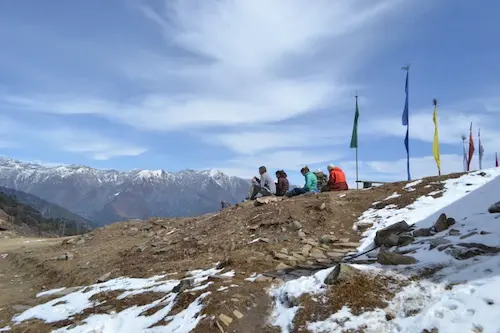Stream Restoration Project in Costa Rica: A Mirror of Our Attitudes Towards the Environment
Name: Gerardo Avalos, Ph.D.
Position: Center Director
Program: The SFS Center for Sustainable Development Studies, Costa Rica
Quebrada Matías is a small creek that crosses Atenas for over 16 km. It joins the Río Cacao watershed after traversing four very distinctive communities (Roca Verde, Brasil, Los Olivos and Los Angeles) in an area spanning just 4.3 square km. Following the initiative of Mr. Hugo Valerio (president of ADECA, the Association for the Conservation of Nature) the SFS Center for Sustainable Development Studies joined forces with the Ministry of the Environment, the Ministry of Health, the Municipality, and the National Technical University to implement a 3-year project to restore the stream.
Last summer, our Center carried out two field projects to complete the socio-economic and environmental diagnosis of Quebrada Matías. Two SFS professors, Alvaro Salas (economist) and Achim Häger (natural resources manager), along with students and interns, jumped into the muddy waters to analyze the socio-economic profile of these communities, describe their level of awareness regarding the stream conditions, and map and identify major sources of impacts.
Previous to field work, the Center participated in a stream clean-up mission along with other organizations. This experience was an eye-opener for all participants. The level of solid waste found in the stream was beyond expectation. We found whole pieces of furniture, metal scrap, and tires. The type of garbage dumped into the stream was perplexing to say the least. The research showed that high levels of income were not related to the level of awareness on the stream, or the level of importance given to it. Humble communities such as Los Olivos interact more closely with the stream and gave it greater importance. The data showed increasing urbanization around the stream, with pastures, coffee, and crops being replaced by urban areas right on the stream margins. Thus, the soil quality there is heavily impacted, not to mention the heavy discharges from sewage.
This state of affairs reflects our attitudes towards the environment: ignorance, convenience, oblivion. We cannot expect that our actions go unnoticed since we all have significant impacts that do not stop by living quietly behind closed doors. We need to get involved and take action, and most importantly, know about our immediate impacts and correct them. If we have chosen Costa Rica as our home, this country deserves better. Many of the communities showed lack of knowledge regarding these serious environmental impacts, and many considered the stream as something totally distant from their reality. There are major challenges to participate in the local recycling program due to lack of transportation as well as incentives to recycle. The private sector needs to get involved and create incentives for local communities to adopt their streams.
What to do now? First of all, a) respect the stream margin, stop any more construction there; b) implement simple technological alternatives to treat sewage and gray waters, such as constructed wetlands; c) get involved in the recycling program, organize your neighbors, and collect the recycling. What is not recycled may end up in the stream. It is time to chip in and not to wait for others to solve our problems.
Related Posts

Framing Prek Toal: Photography, Conservation, and Life on the Tonle Sap


